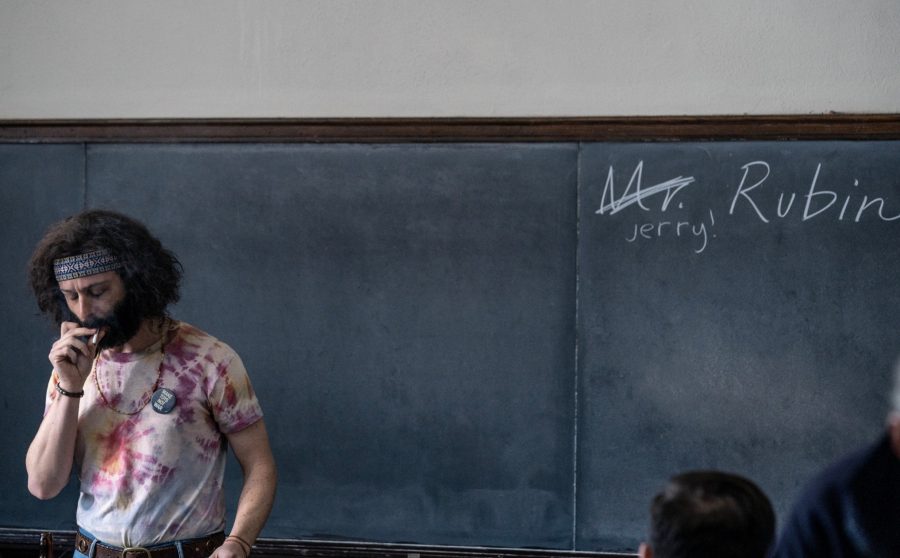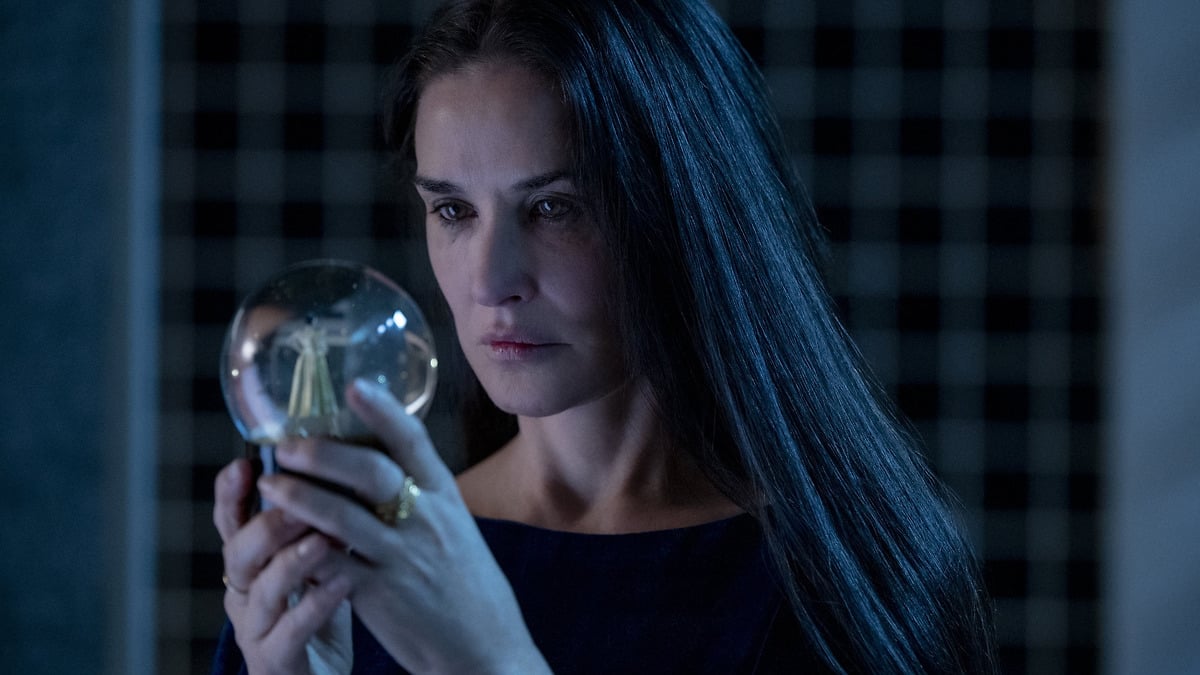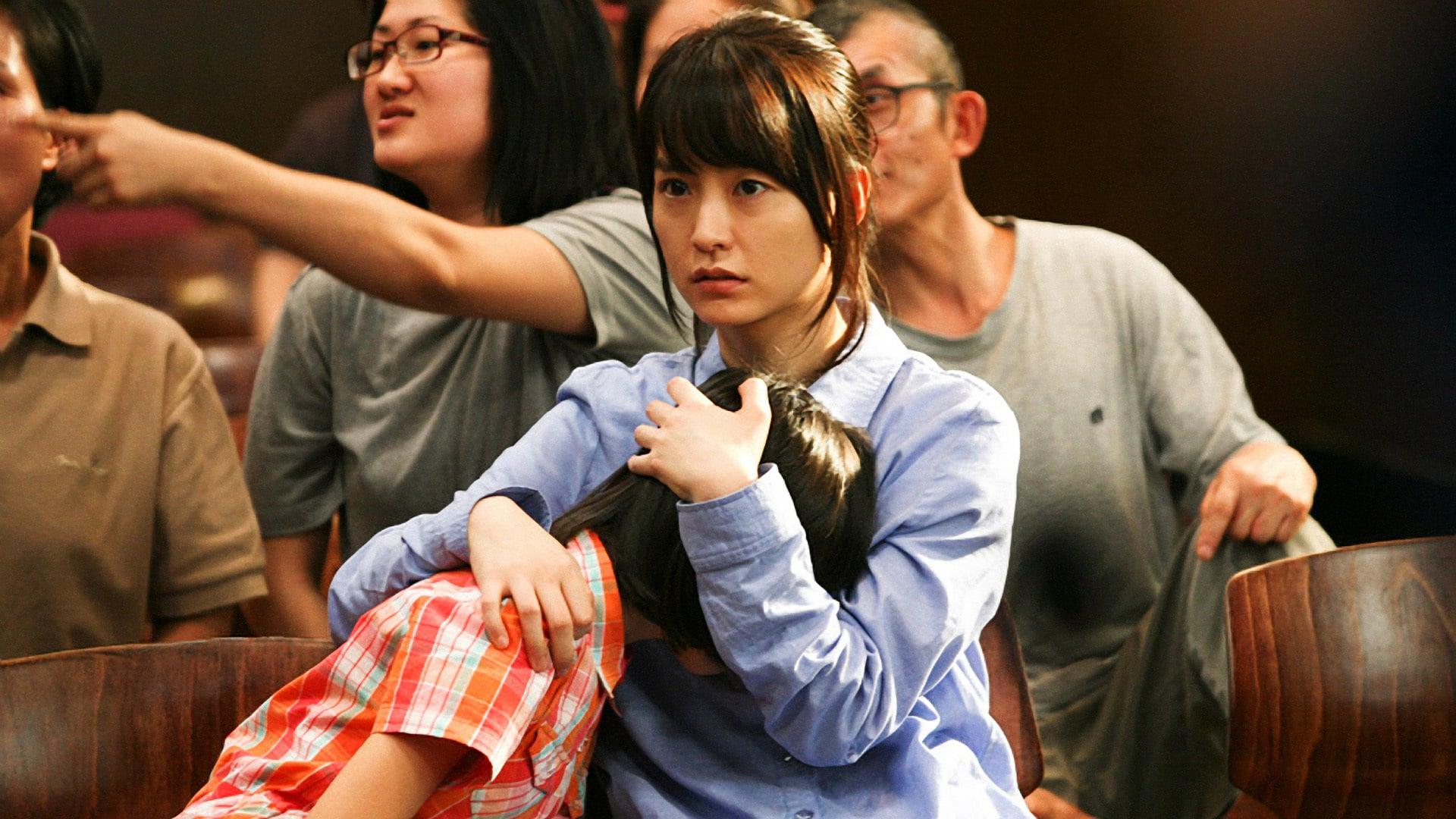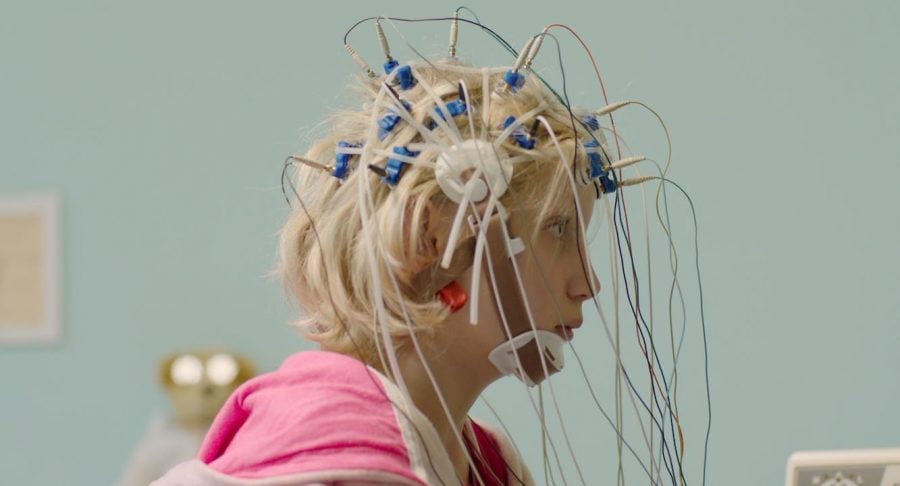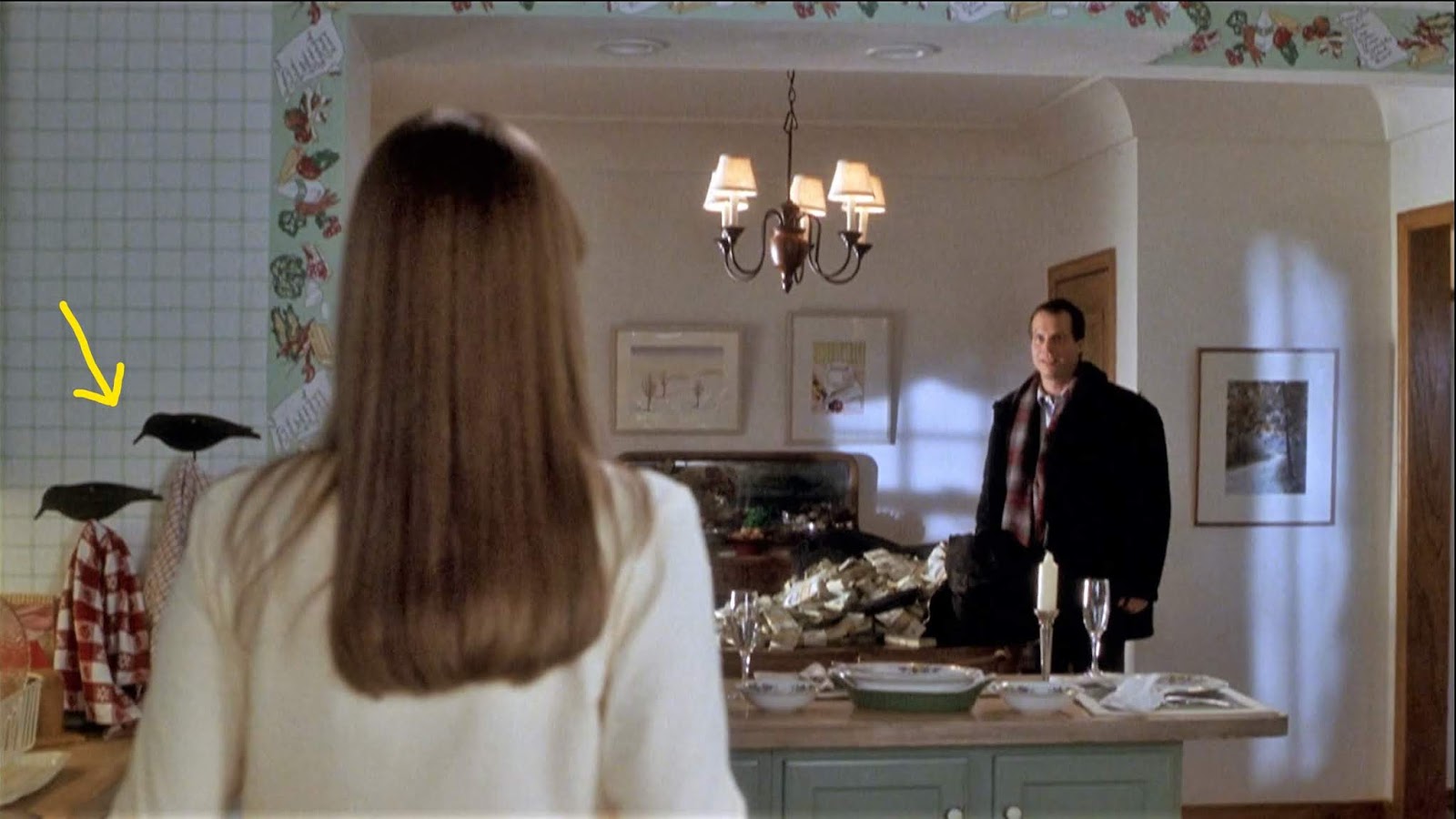Lola (2022)

7.3
Movie
TLDR
A timeline in which Stanley Kubrick never existed is indeed a terrifying concept to behold.
What it's about
The take
Low-budget but imagination-rich, this singular sci-fi crosses a vintage found-footage aesthetic with an inspired time-travel concept. It’s 1938, and two brilliant sisters — Thomasina (Emma Appleton) and Martha (Stefanie Martini) — have invented a machine that can anticipate future radio and television broadcasts. The device (named Lola) allows them to support themselves with bullseye bets on upcoming horse races, as well as revel in the cultural output of the decades to come. When WW2 strikes, however, Lola takes on life-saving potential.
As with every time-travel story, there’s the domino effect to be considered. Lola ends the Blitz, but its timeline-meddling paves the way for a darker future — chillingly realized by the film’s clever manipulation of real archival footage — and an ideological schism between the sisters. The movie’s tight runtime doesn’t allow for full exploration of this emotional fallout, but the actors fill in the outlines enough to make this flaw less gaping than niggling.
Shot with vintage film cameras, the movie looks like a product of its setting, but it absorbs some of the modernism of the contraption's intercepted broadcasts — and it's this beguiling anachronism (plus its narrative ingenuity) that ultimately win out to make Lola a fascinating sci-fi, despite some tantalizingly unrealized potential.
What stands out
Comments
Your comment
UP NEXT
UP NEXT
UP NEXT
Curated by humans, not algorithms.

© 2025 agoodmovietowatch, all rights reserved.



